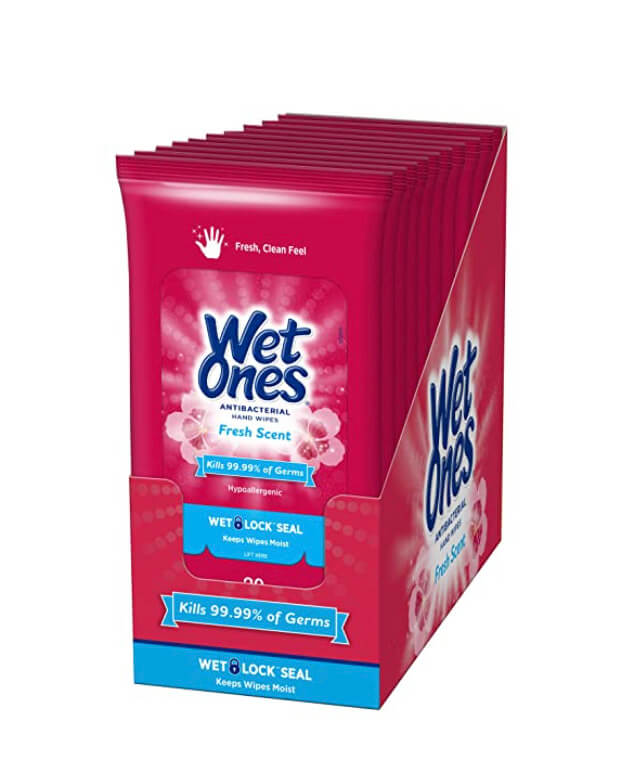Wet wipes are undoubtedly convenient and handy, but when it comes to the environmental impact, there’s a lot of concern. Wet wipes are made of various materials such as cotton, polyester, cellulose, and plastic-based fibers. The plastic in wet wipes has been identified as a significant environmental concern due to its non-biodegradable nature, which can potentially harm marine life and contribute to ocean pollution.

Environmental Impact of Plastic in Wet Wipes
Several studies have highlighted the impact of plastic-based wet wipes on the environment. A study conducted by the Marine Conservation Society in 2018 found that wet wipes, which contain plastic content, were among the top ten most littered items on beaches in the UK.
Another study conducted by the European Commission in 2019, highlighted that wet wipes containing plastic can take anywhere from several months to hundreds of years to decompose, further contributing to the plastic pollution crisis.
The Plastic in Wet Wipes
The plastic found in wet wipes can be in the form of polyethylene (PE) or polypropylene (PP). These materials are commonly used as binding agents or to add stability and strength to the wipes.
Polyethylene and polypropylene are known for their durability and resistance to degradation, which is why they are extensively used in the plastic industry. However, once they find their way into the environment, they become a long-lasting pollutant that harms ecosystems and wildlife.
Alternatives to Plastic-Based Wet Wipes
While the significant environmental concerns regarding the plastic in wet wipes cannot be downplayed, several alternatives are available in the market today. Here are a few alternatives that you can opt for to lessen your impact on the environment:
1. Biodegradable Wet Wipes
Eco-friendly wet wipes made from biodegradable materials such as bamboo, cotton, and wood pulp is gaining popularity. These wipes decompose naturally within a short period, leaving a negligible impact on the environment.
2. Reusable Wipes
Reusable cloth wipes are another great alternative to plastic-based wipes as they are machine washable, eliminating the need for disposing of them frequently. They also save a lot of money in the long run and reduce the impact on the environment.
3. Water and Soap
For those who prefer a completely sustainable option, water and soap are the ideal alternatives to wet wipes. Though it requires a bit more effort and time, it is undoubtedly the most eco-friendly option.
In Conclusion
The plastic in wet wipes has become a significant environmental concern, and it’s high time we take action to address this issue. By switching to more eco-friendly alternatives or reducing our use of wet wipes altogether, we can contribute to reducing the impact of plastic pollution. As consumers, we have the power to demand sustainable products and influence manufacturers to produce more sustainable options, which can help mitigate the impact of plastic in wet wipes.